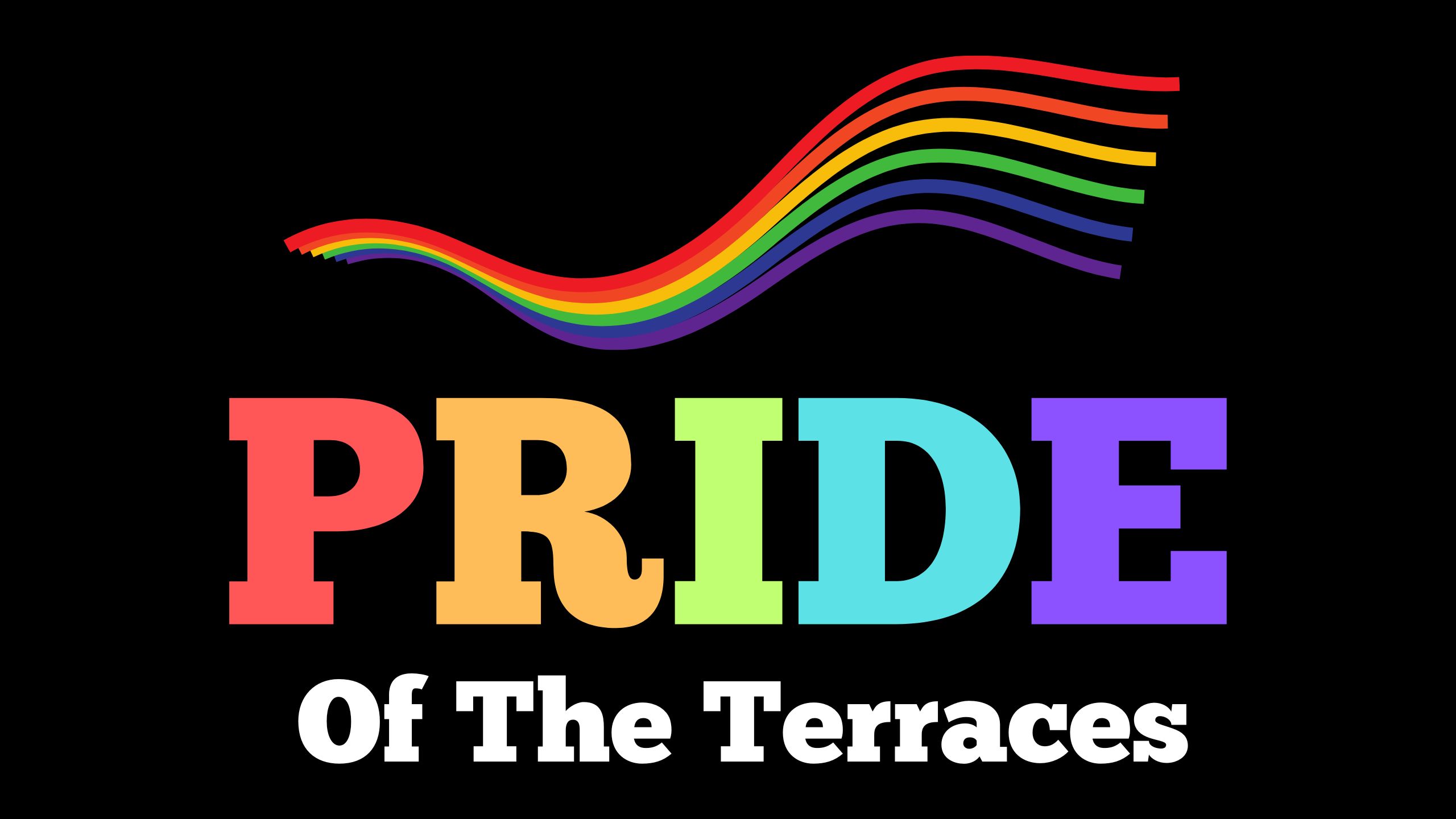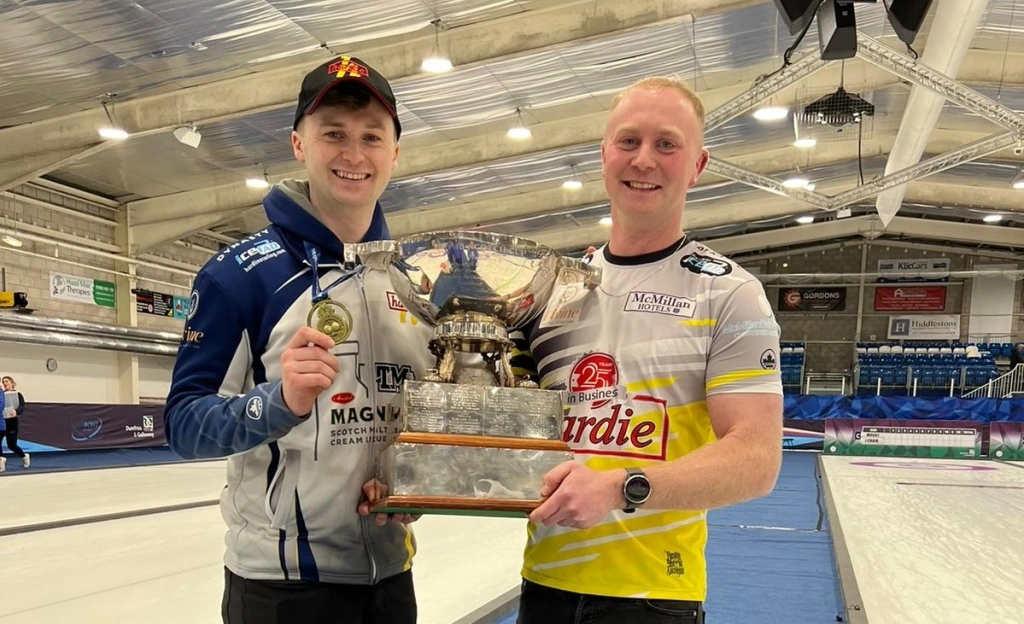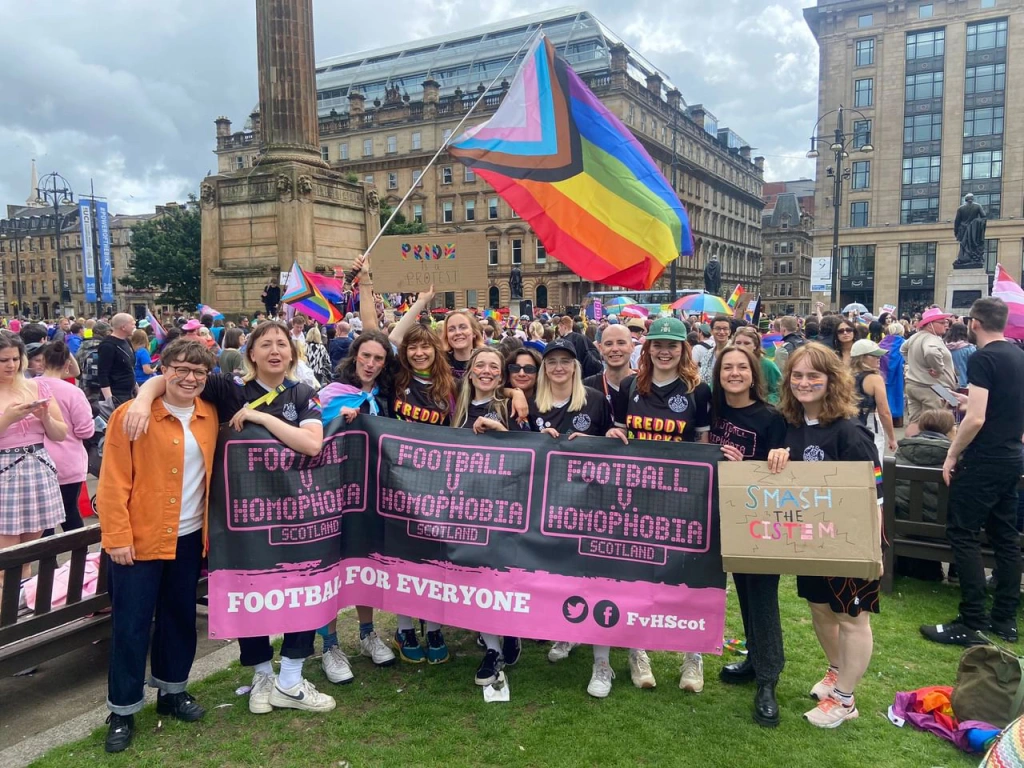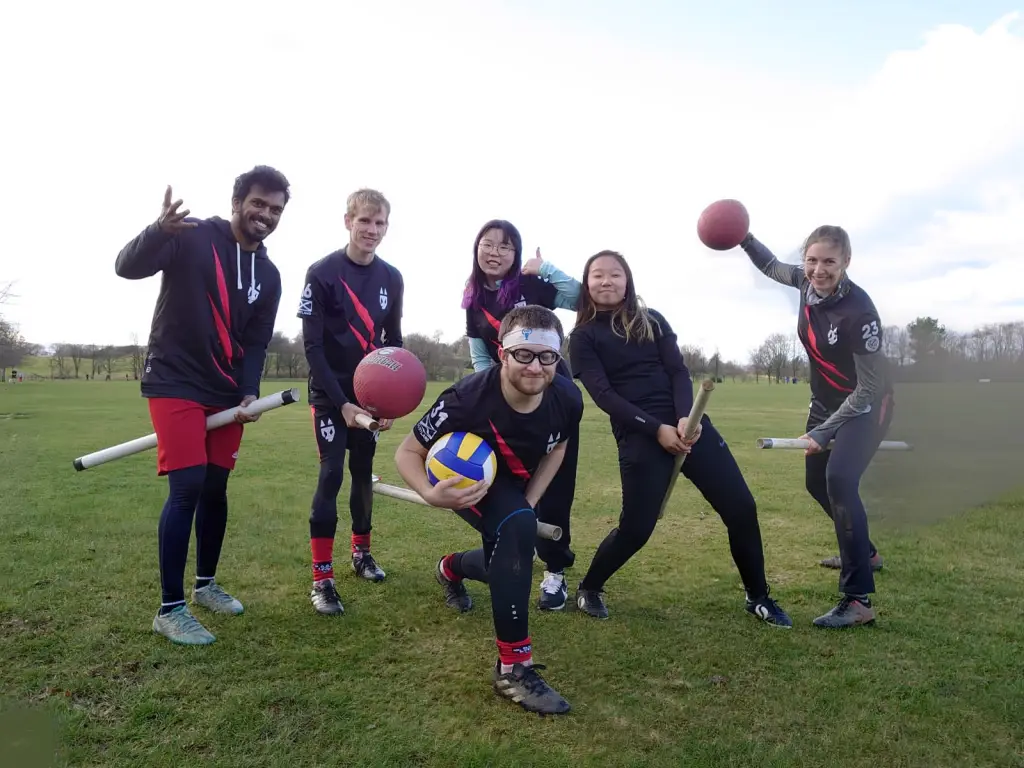Rugby commentator and journalist Nick Heath (Twitter: @nickheathsport)
I can only advise on my experience and that tells me that nothing should put you off getting into sports media based on being LGBT+. I have not encountered any issues and often, the journeys and moments of self-reckoning that we go through as LGBT+ folk can be useful tools to bring empathy to any number of sporting scenarios or interactions with individuals. Stride forth, believe in yourself, work hard and be good!
BBC radio presenter Jack Murley (Twitter: @jack_murley)
Being open and honest about my sexuality in my sports broadcasting career has rarely been a problem – and, on the occasions where I’ve experienced abuse because of it (usually in the form of Twitter trolling or harassment), the wider sporting community has always had my back, vocally and without equivocation. I can truthfully say that I’ve not worked with a single pundit, summariser, producer or editor in the world of sport who has ever made me feel like I shouldn’t belong on the basis of my sexuality.
Now, that’s not to say that things don’t come up. I’d be lying if I said I hadn’t done commentaries where I’d heard homophobic slurs from a person in a crowd; or ‘banter’ between opposing teams that crossed the line into being discriminatory or abusive. But fortunately, those moments are few and far between.
For me, it’s simple. If you’ve got the passion and desire to want to try your hand in the industry, you owe it to yourself to give it a go. Standing in the commentary box at Twickenham, or describing a match-winning goal in the FA Cup, are moments that put the hairs on the back of your arms on-end, and you should never deny yourself the chance to do it simply because of who you love or how you identify.




